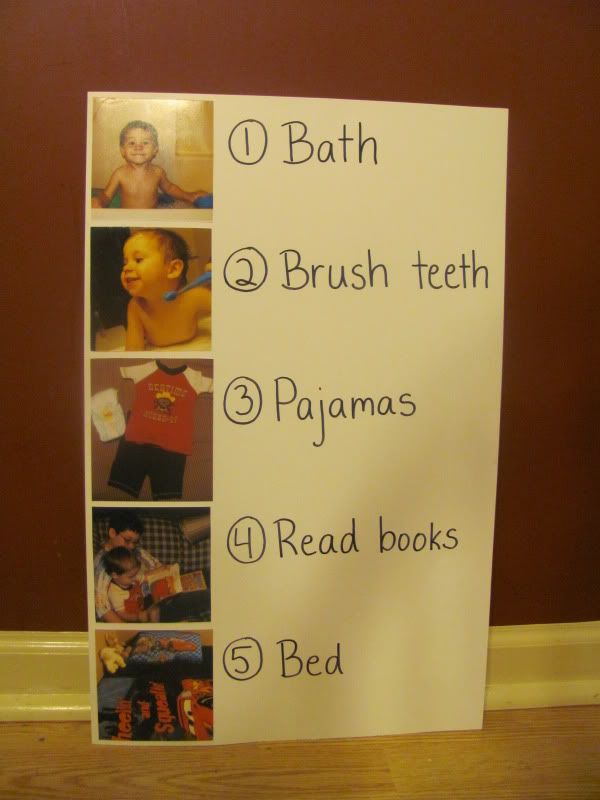If I could give one piece of parenting advice ever, this would be
it: Don’t listen so much to other people’s opinions and methods. If you
listen to God, your child, and your own heart, they will tell you what
you need. Too often, other people can give you all kinds of messages
that get in the way of what God, your child, and your heart are telling
you.
That may sound like I’m writing off other people or books about parenting, but that isn’t exactly the case. In fact, other people are necessary for support and encouragement, and books can be excellent resources if used wisely. The problem comes when the opinions presented by other people or books become a parent’s primary way of deciding what to do. First and foremost, listen to God, your own child, and your heart. Putting other voices ahead of these can sometimes lead you down a path that God never intended for you to go, a path that may not actually be the best for your unique child/family, or a path that veers away from what your heart and parental instinct are telling you.
The truth is, no matter what you do (or don’t do), someone is going to say you’re wrong, mock you, or think you’re weird. And no matter what you do (or don’t do), you will probably be able to find someone who thinks it’s great. The opinions of other people vary wildly and are therefore faulty indicators of whether your choices really are the right ones for you and your child. Unfortunately, because so many people are driven by approval, at least to an extent, it is often all too easy to give other people’s opinions a more influential place in our lives than they deserve.
Shutting out the other voices that try to tell us what we “should” do is not always easy. There are so many of those voices that sometimes we mistake them for God or our own heart. Similarly, if enough of the voices are saying the same thing, it’s tempting to allow them to override what we feel our hearts telling us.
Take a deep breath, and momentarily close your eyes and ears to everything but these three things: God, your child, and your heart/parental instincts. Listen to them carefully, and then follow the path that is right for your family and your children. This may look different in some ways, or even in many ways, from what other people around you are doing, but that’s okay. Parenting is not a one-size-fits-all journey; it is a unique and individual journey. Along the way you will come across people, books, and other resources that encourage you, and that’s great! Just don’t allow them to start dictating your path for you.
That may sound like I’m writing off other people or books about parenting, but that isn’t exactly the case. In fact, other people are necessary for support and encouragement, and books can be excellent resources if used wisely. The problem comes when the opinions presented by other people or books become a parent’s primary way of deciding what to do. First and foremost, listen to God, your own child, and your heart. Putting other voices ahead of these can sometimes lead you down a path that God never intended for you to go, a path that may not actually be the best for your unique child/family, or a path that veers away from what your heart and parental instinct are telling you.
The truth is, no matter what you do (or don’t do), someone is going to say you’re wrong, mock you, or think you’re weird. And no matter what you do (or don’t do), you will probably be able to find someone who thinks it’s great. The opinions of other people vary wildly and are therefore faulty indicators of whether your choices really are the right ones for you and your child. Unfortunately, because so many people are driven by approval, at least to an extent, it is often all too easy to give other people’s opinions a more influential place in our lives than they deserve.
Shutting out the other voices that try to tell us what we “should” do is not always easy. There are so many of those voices that sometimes we mistake them for God or our own heart. Similarly, if enough of the voices are saying the same thing, it’s tempting to allow them to override what we feel our hearts telling us.
Take a deep breath, and momentarily close your eyes and ears to everything but these three things: God, your child, and your heart/parental instincts. Listen to them carefully, and then follow the path that is right for your family and your children. This may look different in some ways, or even in many ways, from what other people around you are doing, but that’s okay. Parenting is not a one-size-fits-all journey; it is a unique and individual journey. Along the way you will come across people, books, and other resources that encourage you, and that’s great! Just don’t allow them to start dictating your path for you.
